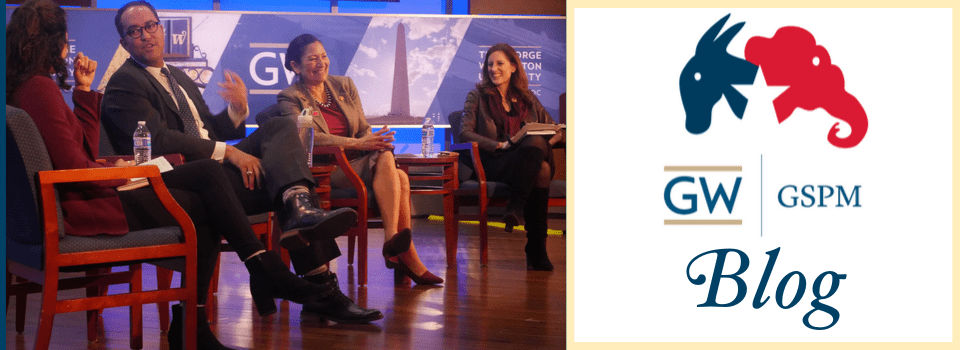Whether you hear about a job from an online advertisement, job board, or a friend, your first introduction to an employer will be through your résumé.
So, what can you do to make sure your résumé moves to the top of the pile? We asked our Career Services Director Mag Gottlieb what separates a good résumé from a great résumé.
Master the Basics
The first threshold your résumé must overcome from almost every recruiter is the grammar test, says Gottlieb.
Spellcheck is your friend, but it’s not the end. Read through the document out loud to make sure that there aren’t any typos that the computer wouldn’t have recognized (e.g. typing “no” instead of “on” or “form” instead of “from”).
Secondly, your verb tenses should be consistent. If you’re no longer at a job, for example, your duties should be in the past tense. Any current duties should be in the present tense.
Lastly, look for the verbs that the job posting uses to describe the position and integrate them into your resume. Be sure to use action verbs and consult a thesaurus to ensure that you're not using the same ones over and over again.
It’s Never the Same Twice
A résumé isn’t a curriculum vitae (CV). It doesn’t, and shouldn’t, include every position or every job duty you’ve ever had.
Your résumé is like a television commercial, and you’re the product. It’s quick. It’s concise. It speaks directly to the consumer’s (in this case the human resource worker reading the document) needs and wants in the ideal employee. Most jobs will accept a two-page résumé, but certain employers, especially Congressional offices, prefer a one-page document.
It’s a good idea to have a CV that lists everything you’ve ever done at every job for reference. It can jog your memory to help you craft a targeted résumé for the positions to which you apply. Executive search firms or academic positions may request a CV, but most employers just want the highlights.
Address for Success
All your correspondence should use the name that others use to refer to you. So, if you’re Anthony Smith, but everyone calls you Tony Smith, that’s the name that should be at the top of your documents. If you go by your middle name, consider an email address that uses it.
Save jimmylovestopartaaaaay@gmail.com for personal emails and get something professional for your professional communication.
Lastly, don’t apply to jobs with your current work email or phone number. That signals that you lack discretion, which is a major red flag for any employer, especially those in politics.
Make It Social
Many recruiters scour LinkedIn for prospects. If you don’t already have an account, sign up and complete a profile. Make sure your profile uses the relevant buzzwords in your field, and join groups that are relevant to your current job or your career goals.
Once you’ve upgraded your resume, you’ll be one step closer to the profession you want. If you’re considering a career in politics, communications, or advocacy, the George Washington University’s Graduate School of Political Management can help you develop the skills and the network you’ll need to succeed.

